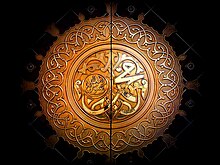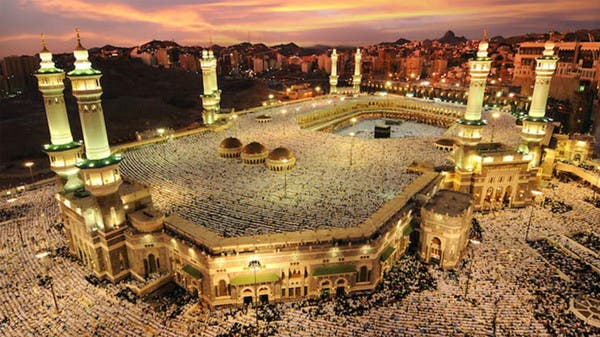MOST ADMIRED LEADER
A leader is someone who can see how things can be improved and who rallies people to move toward that better vision. Leaders can work toward making their vision a reality while putting people first. Just being able to motivate people isn't enough, leaders need to be empathetic and connect with people to be successful.
Prophet Muhammad

Muhammad was the prophet and founder of Islam. Most of his early life was spent as a merchant. At age 40, he began to have revelations from Allah that became the basis for the Koran and the foundation of Islam. By 630 he had unified most of Arabia under a single religion.
According to Muslim tradition, the Prophet Muhammad received the revelations that form the Koran, the scripture of Islam, between the years 610 and 632, the year of his death.The Quran also romanized Qur'an or Koran, is the central religious text of Islam, believed by Muslims to be a revelation from God (Allah).
HIS LIFE
Muhammad was born around 570, AD in Mecca (now in Saudi Arabia). His father died before he was born and he was raised first by his grandfather and then his uncle. He belonged to a poor but respectable family of the Quraysh tribe. The family was active in Meccan politics and trade.
Many of the tribes living in the Arabian Peninsula at the time were nomadic, trading goods as they crisscrossed the desert. Most tribes were polytheistic, worshipping their own set of gods. The town of Mecca was an important trading and religious center, home to many temples and worship sites where the devoted prayed to the idols of these gods.
The most famous site was the Kaaba (meaning cube in Arabic). It is believed to have been built by Abraham (Ibrahim to Muslims) and his son Ismail. Gradually the people of Mecca turned to polytheism and idolatry. Of all the gods worshipped, it is believed that Allah was considered the greatest and the only one without an idol.
In his early teens, Muhammad worked in a camel caravan, following in the footsteps of many people his age, born of meager wealth. Working for his uncle, he gained experience in commercial trade traveling to Syria and eventually from the Mediterranean Sea to the Indian Ocean. In time, Muhammad earned a reputation as honest and sincere, acquiring the nickname “al-Amin” meaning faithful or trustworthy.
In his early 20s, Muhammad began working for a wealthy merchant woman named Khadijah, 15 years his senior. She soon became attracted to this young, accomplished man and proposed marriage. He accepted and over the years the happy union brought several children. Not all lived to adulthood, but one, Fatima, would marry Muhammad’s cousin, Ali ibn Abi Talib, whom Shi’ite Muslims regard as Muhammad’s successor.

The Prophet Muhammad
Muhammad was also very religious, occasionally taking journeys of devotion to sacred sites near Mecca. On one of his pilgrimages in 610, he was meditating in a cave on Mount Jabal aI-Nour. The Angel Gabriel appeared and relayed the word of God: “Recite in the name of your Lord who creates, creates man from a clot! Recite for your lord is most generous….” These words became the opening verses of sūrah (chapter) 96 of the Qur'an. Most Islamic historians believe Muhammad was initially disturbed by the revelations and that he didn’t reveal them publicly for several years. However, Shi’a tradition states he welcomed the message from the Angel Gabriel and was deeply inspired to share his experience with other potential believers.
The Death of Muhammad
After the conflict with Mecca was finally settled, Muhammad took his first true Islamic pilgrimage to that city and in March, 632, he delivered his last sermon at Mount Arafat. Upon his return to Medina to his wife’s home, he fell ill for several days. He died on June 8, 632, at the age of 62, and was buried at al-Masjid an-Nabawi (the Mosque of the Prophet) one of the first mosques built by Muhammad in Medina.
Comments
Post a Comment